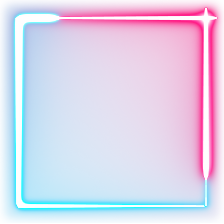安裝 Steam
登入
|
語言
簡體中文
日本語(日文)
한국어(韓文)
ไทย(泰文)
Български(保加利亞文)
Čeština(捷克文)
Dansk(丹麥文)
Deutsch(德文)
English(英文)
Español - España(西班牙文 - 西班牙)
Español - Latinoamérica(西班牙文 - 拉丁美洲)
Ελληνικά(希臘文)
Français(法文)
Italiano(義大利文)
Bahasa Indonesia(印尼語)
Magyar(匈牙利文)
Nederlands(荷蘭文)
Norsk(挪威文)
Polski(波蘭文)
Português(葡萄牙文 - 葡萄牙)
Português - Brasil(葡萄牙文 - 巴西)
Română(羅馬尼亞文)
Русский(俄文)
Suomi(芬蘭文)
Svenska(瑞典文)
Türkçe(土耳其文)
tiếng Việt(越南文)
Українська(烏克蘭文)
回報翻譯問題




















When you reduce or quit using drugs your body goes through a detoxification process (detox) or withdrawal.
Symptoms vary between people, and between drugs, and range from mild to serious. They can last from a few days to a few weeks — it's different for every person — but they are temporary. Cravings for the drug will sometimes be weak and at other times very strong. Learning how to manage them is important for staying drug-free.
It’s never too late to quit using drugs.
Reducing or quitting drugs can improve your life in many ways. It can:
improve your physical and mental wellbeing
reduce your risk of permanent damage to vital organs and death
improve your relationships with friends and family
help you reconnect with your emotions
increase your energy
help you sleep better
improve your appearance
save you money.
Recovered addicts say that they’ve never felt better after quitting drugs, although this can take time. Knowing why you want to quit drugs can help you to stay motivated during the withdrawal process.